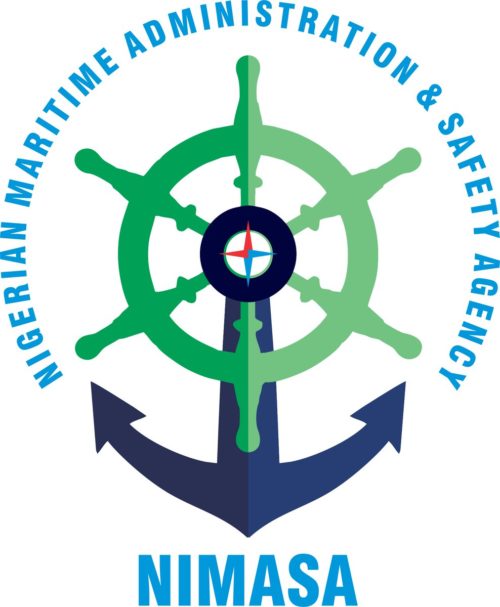Paragraph 1: A Notable Commendation for Nigeria’s Maritime Security Efforts.
The United States Coast Guard (USCG) has lauded Nigeria for its substantial progress in implementing the International Ship and Port Facility Security (ISPS) Code. This commendation, delivered by Joe Prince Larson, a representative of the USCG’s International Port Security Programme, follows a series of inspections conducted at various Nigerian ports and terminals. Larson, leading a team from the program, visited facilities such as Matrix and Julius Berger in Warri, Delta State, and the Lekki Deep Seaport and Dangote Port in Lagos. The assessment, according to Larson, revealed a high level of compliance with the ISPS Code, placing Nigeria among the top-performing maritime nations globally. This positive evaluation underscores Nigeria’s commitment to enhancing maritime security and its dedication to meeting international standards.
Paragraph 2: A Deep Understanding and Implementation of the ISPS Code.
The USCG team’s visit was primarily aimed at evaluating the level of ISPS Code implementation across Nigerian port facilities. Larson emphasized that the team discovered a comprehensive understanding and effective implementation of the code within Nigeria’s maritime sector. He highlighted that the observed compliance levels were comparable to those found in leading maritime nations worldwide. This observation speaks volumes about Nigeria’s commitment to maintaining a secure and efficient maritime environment, aligning its practices with global best practices. The team’s findings will be reported to the USCG headquarters, further solidifying the positive assessment of Nigeria’s progress.
Paragraph 3: NIMASA’s Commitment to Sustaining High Standards.
The Nigerian Maritime Administration and Safety Agency (NIMASA) expressed its steadfast commitment to upholding and enhancing the achieved level of compliance with the ISPS Code across Nigerian ports. Dr. Dayo Mobereola, Director-General of NIMASA, emphasized the agency’s dedication to maintaining these high standards, recognizing their significant impact on Nigeria’s international reputation within the maritime sector. He further underscored NIMASA’s unwavering support for initiatives championed by Adegboyega Oyetola, the Minister of Marine and Blue Economy, aimed at elevating standards within the Nigerian maritime industry. This commitment reflects a concerted effort to ensure Nigeria’s maritime sector operates at optimal levels of safety and security.
Paragraph 4: Collaborative Efforts and Positive International Recognition.
The positive feedback from the USCG delegation is a testament to the Nigerian government’s dedication to the development of its maritime sector and NIMASA’s diligent work under the Ministry of Marine and Blue Economy. This collaboration underscores the importance placed on adhering to international standards, particularly concerning port security. The USCG’s recognition of Nigeria’s progress further bolsters the country’s standing within the international maritime community and signifies its commitment to maintaining a secure maritime domain.
Paragraph 5: A Three-Year Partnership for Continuous Improvement.
The USCG and NIMASA have embarked on a three-year partnership to conduct regular on-site assessments of Nigerian ports’ compliance with the ISPS Code. These assessments, initiated last year, involve rigorous evaluations of security measures implemented at various port facilities. The gathered data provides actionable insights, enabling evidence-based decisions to further enhance security protocols. This ongoing collaboration demonstrates a proactive approach to addressing potential vulnerabilities and ensuring continuous improvement in port security measures.
Paragraph 6: Lifting the Condition of Entry and Enhancing Global Maritime Trade.
A key objective of this collaborative effort is to provide the necessary data and evidence to support the lifting of the condition of entry imposed on vessels departing Nigeria for the United States. This condition, implemented to ensure vessels meet specific security standards, can impact trade and maritime operations. By demonstrating a sustained commitment to ISPS Code compliance and continuous improvement, Nigeria aims to remove this condition, facilitating smoother trade flows and bolstering its position as a reliable partner in global maritime trade. This strengthened relationship with the USCG further enhances Nigeria’s credibility and promotes its role as a responsible player in the international maritime community.














